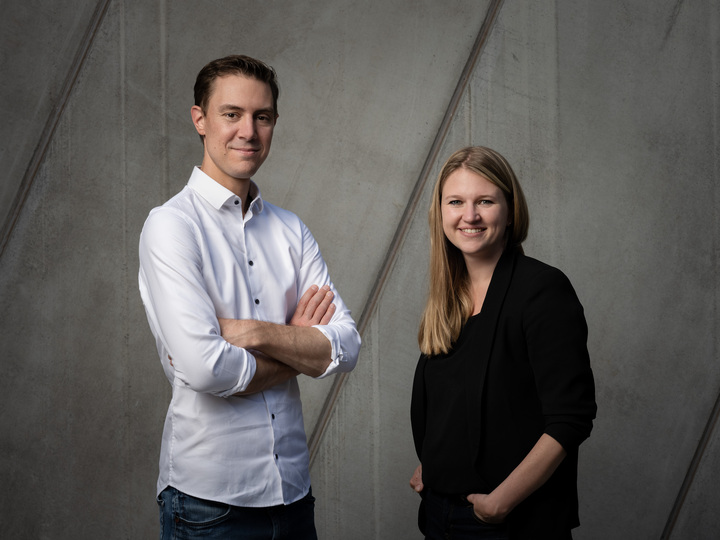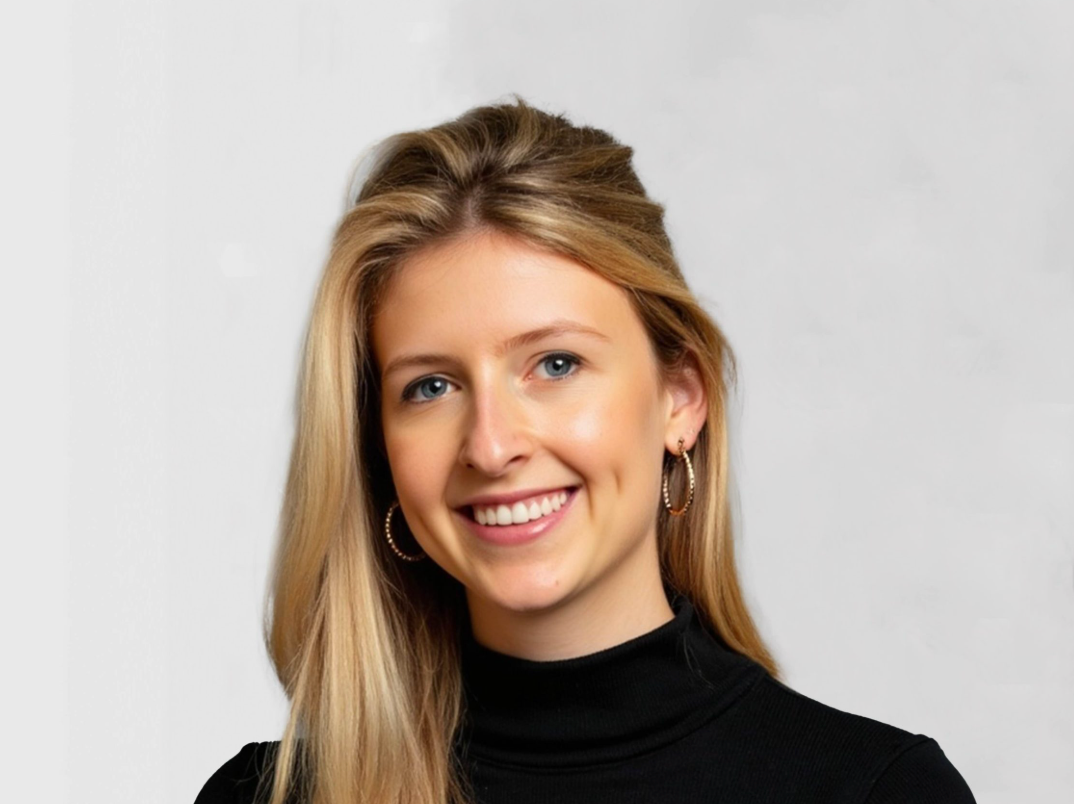This article is part of a Sifted series exploring European tech’s relationship with the Gulf.
It’s no secret that LP cheques are not as freely flowing as they once were. Funding raised by European VCs almost halved last year, dropping from €24.5bn in 2022 to €14.2bn in 2023, according to Invest Europe.
VCs are also having to work harder for each commitment; according to a 2023 survey of 111 VCs investing in Europe, carried out by Sifted, 51% have spoken to over 100 LPs in the past two years in aid of their fundraising efforts.
But — while European LPs batten down the hatches — the lure of markets outside the continent is growing. In Dubai, ecosystem players report an influx of European VCs hunting for LP cheques.
“Every VC is touring the region,” says Omar Hassan from Global Growth Hub, which advises VCs and founders looking to expand into the UAE and surrounding countries.
“Everyone's trying,” says Gregory Dewerpe from A/O Proptech, a VC fund focused on the built environment, which secured its first LP from the UAE last year. “Any fund that tells you that they're not raising from here, it’s because they didn't manage; it’s not because they haven’t tried.”
Funds with Gulf LPs
While many in the industry say almost every European fund is in talks with a potential investor — or several — in the Gulf, the VC-LP relationship is notoriously secretive, so publicly known links are scarce.
Last week Austrian-HQd early-stage VC Speedinvest announced it has hired its first partner in Dubai — and Sifted understands that it’s also in conversation with local LPs.
Global VC Antler runs an accelerator programme in Dubai and Riyadh and has 23 employees spread across the two cities. Antler’s presence is growing, though it did not respond to questions about its LP base in the region.
Paris-based VC Singular, launched in 2020, counts Abu Dhabi sovereign wealth fund Mubadala as an LP. Other VCs publicly known to have received funding from Mubadala — which acts as a VC as well as a fund-of-funds — include Greek VC VentureFriends and UK-based SV Health Investors.
“Abu Dhabi is probably one of the largest LPs in the world,” says Hassan — with its sovereign wealth fund, Mubadala, particularly active.
There are a host of other investors in the region. Several of Dubai’s deep-pocketed property developers act as funds of funds — including Damac, which built London’s Nine Elms neighbourhood and much of Dubai’s prime real estate. It says it backs “top tier and late stage VC funds.”
In the last few years, an increasing number of European family offices have also relocated to the UAE, industry insiders say, meaning VCs come to the country for LP deals that don’t directly involve Emirati entities too.
Following private equity's lead
“Private equity has been going to the Middle East for a long time,” says Priya Oberoi, founding partner at London-based Goddess Gaia Ventures. Funds like Saudi’s PIF and the Qatar Investment Authority have long-standing links with Europe’s private equity world.
VCs have followed suit, Oberoi says. “Who else can do large LP cheques, except for entities like the Dutch or Norwegian pension funds, or the EIF? It’s a natural progression for VCs to look to the Middle East after private equity went there.”
And it's not just the deep pockets that are drawing VCs to Gulf-based LPs; there’s also a growing pool of startups. “If portfolio companies are coming, that means funds need to, too,” says Hassan.
No longer an easy game
Money isn’t falling off of palm trees, however — and competition is increasing.
“Five or six years ago, a first-time fund could come here and raise,” says Hassan. “Now you need to be well-established with a solid track record.”
Top-tier VCs can still raise relatively easily, he adds, but emerging fund managers need to arrive with a specialist mandate that the LPs haven’t seen before.
“There’s a misconception from people that it’s easy money,” says Dewerpe. “It’s not — the funds are very smart, very educated, they've been doing this for a long time and they've seen it all. And now they have a choice: they can invest in any fund they want.”
The balance of power between Europe and the Gulf is shifting. “The region is standing on its feet now,” says Hassan. “Unlike before, the UK and Europe need the region more than the other way round.”



